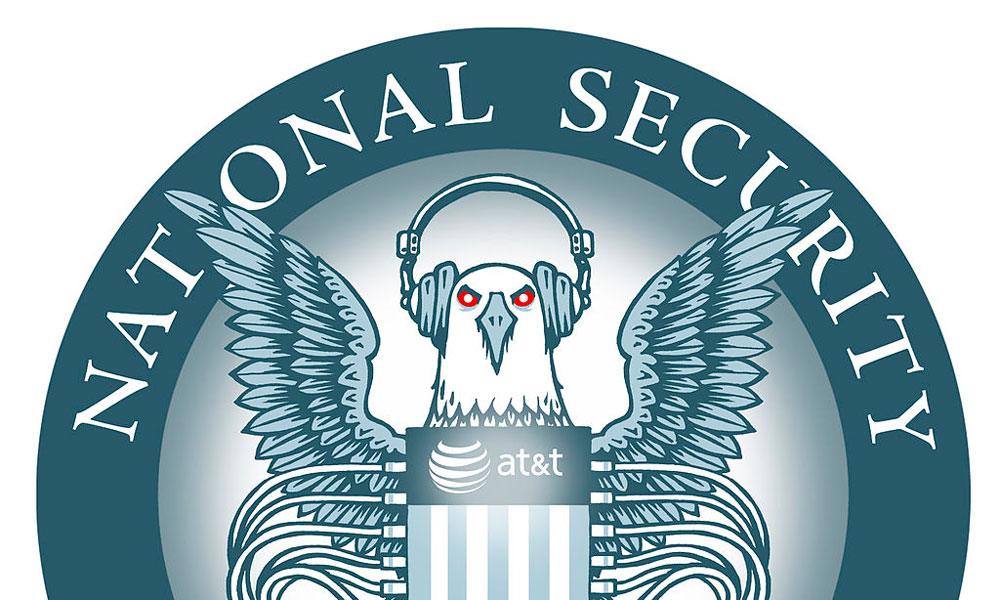
EFF Scores Major Procedural Victory in Long-Running NSA Case
In a ruling that could crack open major details on the National Security Agency's mass-surveillance program, a federal judge declared last week that the Electronic Frontier Foundation can conduct discovery against the agency. It's just the latest step in the long-running trial for the foundation.
The Electronic Frontier Foundation (EFF) just scored a big victory in its ongoing fight against the National Security Agency’s (NSA) mass-surveillance program, and it’s a good reminder that EFF was on the case long before anyone even knew who Edward Snowden was.
After receiving documents in 2006 from a former AT&T technician who said he’d worked on setting up a secret, NSA-controlled room in AT&T’s San Francisco office that would collect internet communications data, EFF followed through on this information through a variety of legal channels, eventually filing the class-action lawsuit Jewel v. NSA in 2008.
The foundation has struggled to obtain even basic information about the nature of the surveillance program through the lawsuit due to concerns about the sensitive nature of the government data, but that could change: Last week a federal judge ruled that EFF, on behalf of the plaintiffs, could conduct discovery against the NSA.
“This marks the first time a party has been allowed to gather factual evidence from the NSA in a case involving the agency’s warrantless surveillance,” David Greene, the foundation’s senior staff attorney and civil liberties director, wrote in a blog post. “The government had fought all our requests to proceed with this lawsuit, arguing that the state secrets privilege protects it against both discovery and liability.”
The decision by Judge Jeffrey White of the U.S. District Court for the Northern District of California could help ensure that the case sees the light of day in a trial setting. EFF has repeatedly been barred from conducting even basic fact-finding in the case, generally based on the NSA’s arguments of national security and state secrecy. But White has proved supportive of the foundation in court; he had previously rejected state-secrecy arguments in a 2013 motion in the case that came mere weeks after Snowden’s earliest revelations came out. And now, White is clearing the way for the EFF to do a deep dive of its own.
“This is an important step forward to lifting the cloak of secrecy that has thus far shielded the NSA from judicial scrutiny, and EFF looks forward to finally getting to the nuts and bolts of this extraordinarily important lawsuit,” Greene added.
Most court cases don't have their own logo. Jewel vs. NSA, however, does. (EFF)






Comments